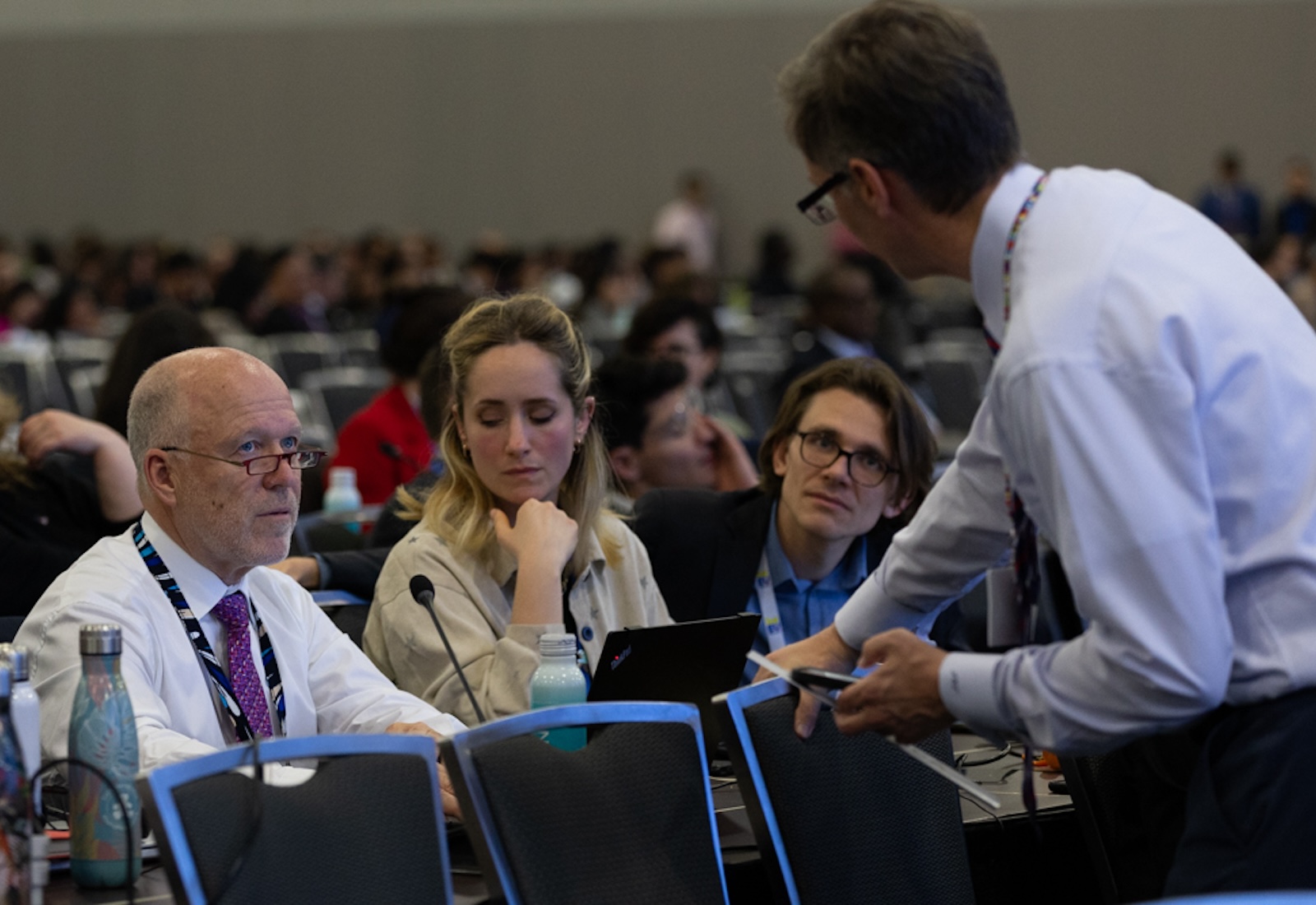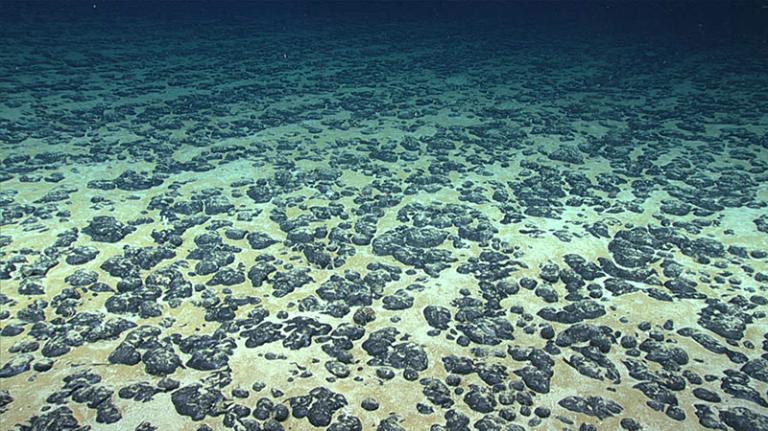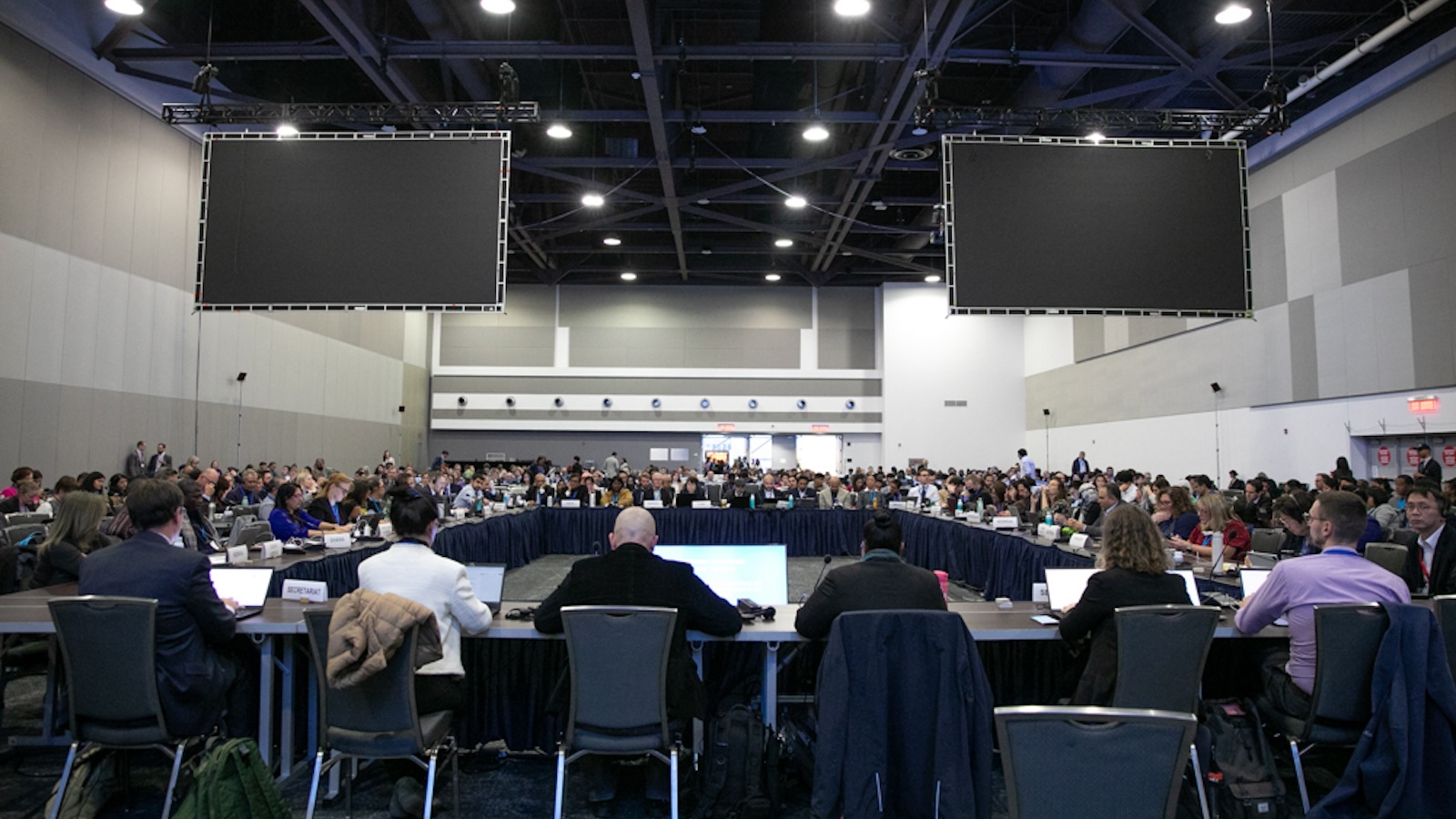In a significant reversal, the Biden administration announced during two closed-door meetings this week that U.S. negotiators will support limits on plastic production as part of the United Nations’ global plastics treaty.
The news was first reported by Reuters and confirmed to Grist on Thursday by the State Department. It represents a major shift for the United States, which had previously rejected production limits in favor of an approach focused on boosting the recycling rate and cleaning up plastic litter.
While industry groups condemned the decision as “misguided,” environmental organizations said it could sway momentum in favor of production limits at a consequential point during the negotiations. There is only one meeting left before the treaty is supposed to be finalized in 2025.
“This couldn’t have come at a better time,” said Christina Dixon, ocean campaign leader for the nonprofit Environmental Investigation Agency. “The U.S. position has been one of the great unknowns and they have the power to be a constructive and collaborative player, so it’s a relief to see them setting out of their stall at this critical moment.”
Negotiations over a treaty have been ongoing since March 2022, when the U.N. reached a landmark agreement to “end plastic pollution.” Over the course of the four negotiating sessions that have occurred since then, however, progress has been slow — in large part due to disagreements over the treaty’s scope.
A so-called “high-ambition” coalition of countries, supported by many scientists and environmental groups, say the treaty must prevent more plastic from being made in the first place. Some 460 million metric tons are manufactured globally each year — mostly out of fossil fuels — and only 9 percent of it is recycled. Because the manufacturing, use, and disposal of plastics contribute to climate change, experts at the nonprofit Pacific Environment have found that the treaty must cut plastic production by 75 percent by 2040 in order to limit global warming to 1.5 degrees Celsius (2.7 degrees Fahrenheit).
The high-ambition coalition also supports specific bans or restrictions on the most problematic types of plastic — typically meaning those that are least likely to be recycled — as well as hazardous chemicals commonly used in plastic products. This coalition includes Canada, Norway, Peru, Rwanda, and the U.K., along with more than 60 other countries.
Oil-producing states like Saudi Arabia, Russia, and China — backed by industry groups — oppose these measures. They want the treaty to leave production untouched and focus on managing plastic waste. The U.S. counted itself among those countries until this week.
Now, in addition to supporting restrictions on plastic production, the U.S. says it will also support creating a list of problematic plastics and hazardous chemicals, according to Reuters.

Because the U.S. carries so much weight in the treaty negotiations — and because North America produces one-fifth of the world’s plastics — Dixon said the White House’s new position could be “a welcome signal to fence-sitting countries,” encouraging them to join the high-ambition coalition.
“I hope it will only further isolate the small group of countries who are unwilling to commit to the necessary binding regulations we need to see on the supply of plastics.”
Industry groups reacted less favorably to the news.
Chris Jahn, president and CEO of American Chemistry Council, a plastics and petrochemical trade group, said in a statement that the U.S. had “cave[d] to the wishes of extreme NGO groups.” He described the White House’s new position as a betrayal of U.S. manufacturers that would slash jobs, harm the environment, and cause the cost of goods to rise globally.
“If the Biden-Harris administration wants to meet its sustainable development and climate goals, the world will need to rely on plastic more, not less,” he said, citing the material’s utility in renewable energy infrastructure, making buildings more energy efficient, and reducing food waste.
Nearly 40 percent of global plastic production goes toward single-use items like packaging and food service products.
Matt Seaholm, president and CEO of the Plastics Industry Association, shared similar sentiments to Jahn. In a statement, he said the White House had “turned its back on Americans whose livelihoods depend on our industry.”
He added that the U.S.’s reversal would undermine its influence in the treaty negotiations, “as other countries know this extreme position will not receive support in the U.S. Senate.” The Senate has to approve treaties before the U.S. can ratify them.
Despite the industry’s outrage, polling suggests that ambitious policies to address the plastics crisis are broadly popular among the public. According to one recent poll from the nonprofit National Resources Defense Council, nearly 90 percent of Americans support measures to reduce plastic production. Eighty-three percent specifically support plastic production limits as part of an international treaty, and even greater numbers support treaty provisions to eliminate “unnecessary and avoidable plastic products” and toxic chemicals.
Reducing plastic production is “what the American people want,” Anja Brandon, director of U.S. plastics policy for the nonprofit Ocean Conservancy, said in a statement. She cited additional polling from her organization showing that 78 percent of Americans think ocean-bound plastic pollution is a “pressing problem.”
Brandon and other environmental advocates now say they’re eager to see how the U.S.’s new position will translate into advocacy during the final round of plastics treaty negotiations, scheduled to begin in late November in Busan, South Korea. They’re calling for the U.S. to sign onto the “Bridge to Busan,” a declaration put forward by a group of countries last April asking negotiators to “commit to achieve sustainable levels of production of primary plastic polymers,” potentially through “production freezes at specified levels, production reductions against agreed baselines, or other agreed constraints.”
“I’m cautiously optimistic,” Julie Teel Simmonds, a senior attorney for the nonprofit Center for Biological Diversity, said in a statement. “I look forward to seeing U.S. delegates fight for these positions at the next plastics treaty negotiations in South Korea.”



